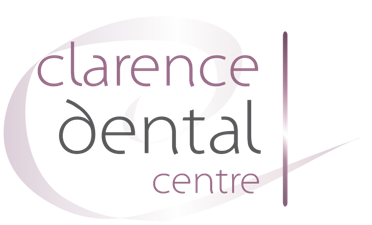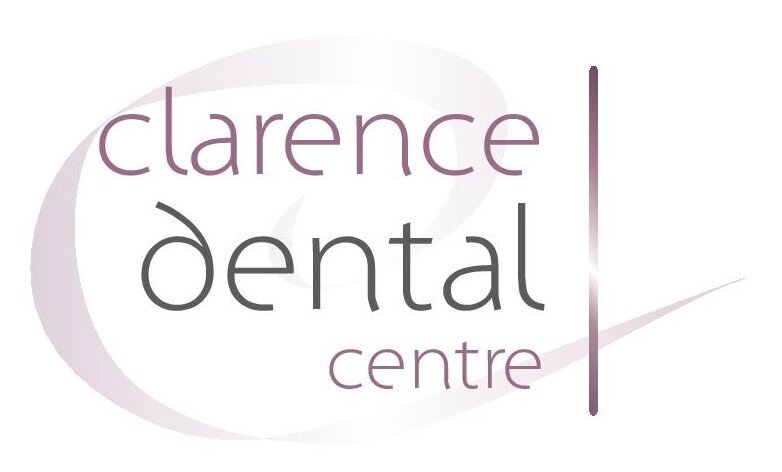A Battle for the Ages: Dentist vs Sugar
It is widely accepted that a diet high in sugar is harmful for our teeth, with increased consumption associated with higher levels of tooth decay. While we can’t avoid sugar altogether, there are certainly some pitfalls to be aware of which may not be entirely obvious when considering your dietary habits and the impact on your oral health.
Make a habit of reading labels
Food manufacturers are notorious for hiding added sugars in foods. Oftentimes these foods are not actually those that we may consider sweet, such as:
Sauces, marinades and stir fry sauces – you may be shocked to know that these sauces can easily contain over 25% sugar.
Savoury biscuits and crisps – that sweet and salty ‘bliss point’ is used to get you eating more
Reduced fat foods - Sugar is often added to these foods to improve the flavour lost through the reduction in fat content.
In addition to foods which you may not suspect of containing high levels of sugars, manufacturers are very sneaky when it comes to how they label these added sugars. Common terms include agave syrup, molasses, dextrose, nectar or fruit concentrate to name but a few. Marketing often centres on ‘natural sugars’, however it is important to understand that sugar by any other name is sugar, and when it comes to the health of your teeth, the source of the sugar is unimportant. For optimal health, the WHO suggests we should aim for no more than 24g of sugar per day.
Sugar sweetened beverages
It stands to reason that sweet drinks such as soft drinks, fruit juices, cordials and energy drinks should be occasional treats rather than part of our daily dietary habits. Not only do these beverages contain high amounts of added sugars, but in combination with high acid levels, they are particularly damaging to teeth and can rapidly cause tooth decay. When consumed consistently over the course of the day through regular sipping, this damage is exacerbated as the pH in the mouth has little time to recover, leaving the teeth bathed in sugar and acid all day – the perfect breeding ground for decay causing bacteria.
If you do choose to consume a sugar sweetened beverage on occasion, it is best to do so in one sitting and alongside a meal to encourage saliva flow which protects the teeth.
Snacking
Snacking throughout the day, particularly on sugary foods or carbohydrate rich foods, has the potential to lead to an increased rate of dental decay. As with regularly sipping on sugary drinks, regular snacking leaves our mouths in a chronic acidic state, with the buffering powers of the saliva unable to fight against this constant exposure. For optimal dental health, it is best to avoid snacking throughout the day and stick to regular meal times.
Get sugar savvy and learn more on the dangers of hidden sugars.


